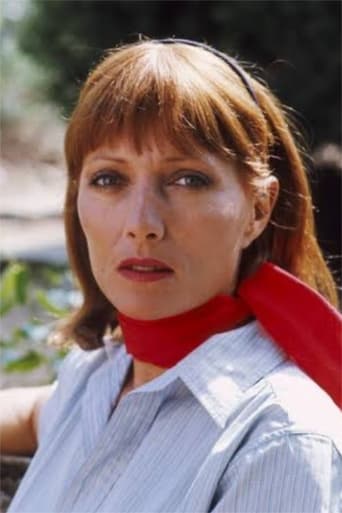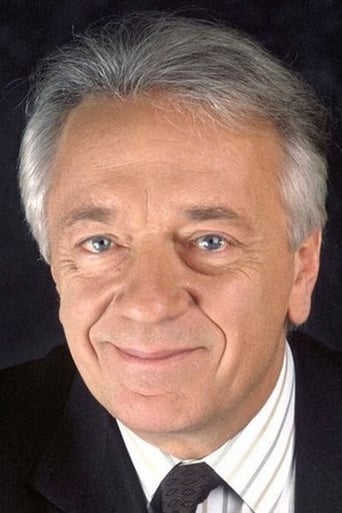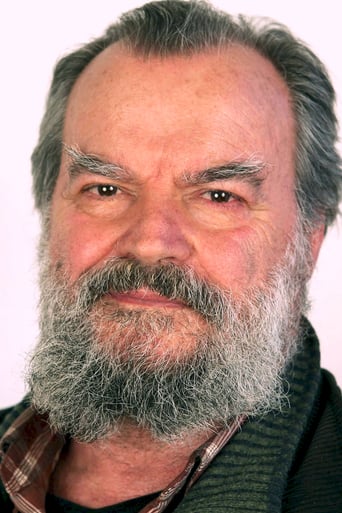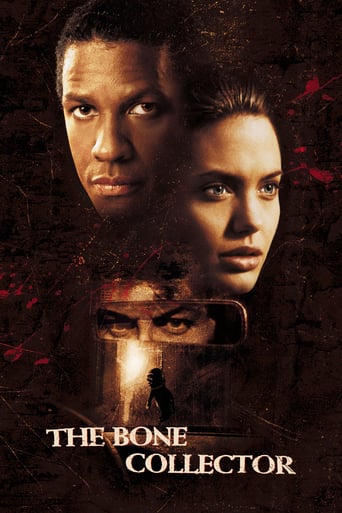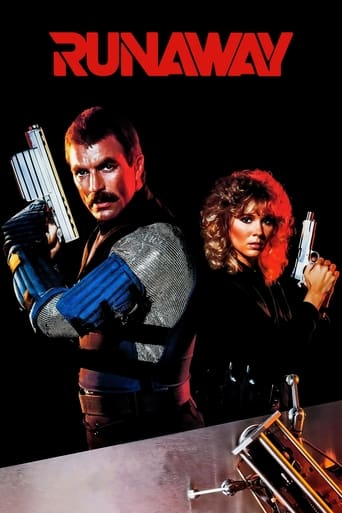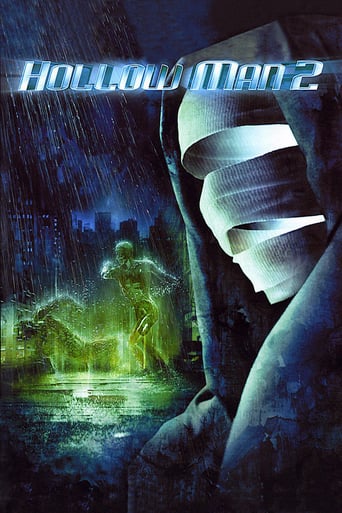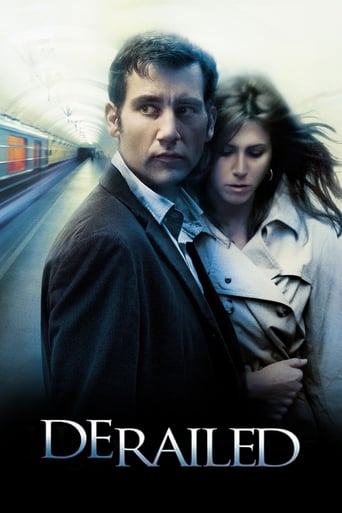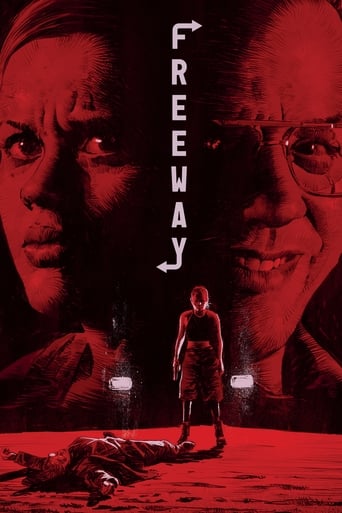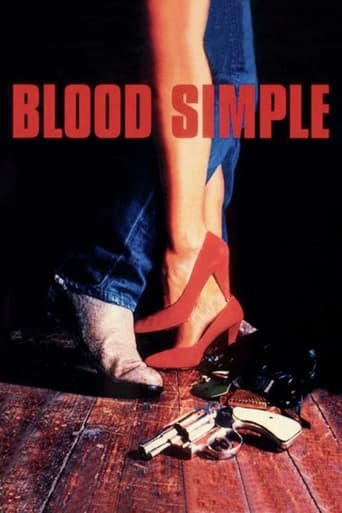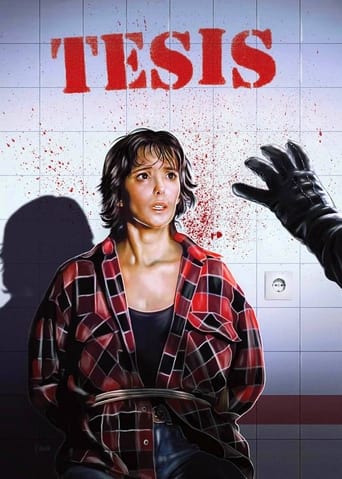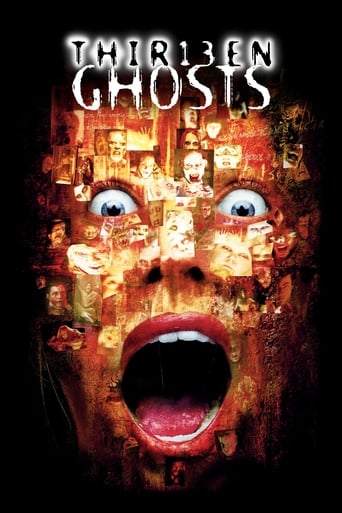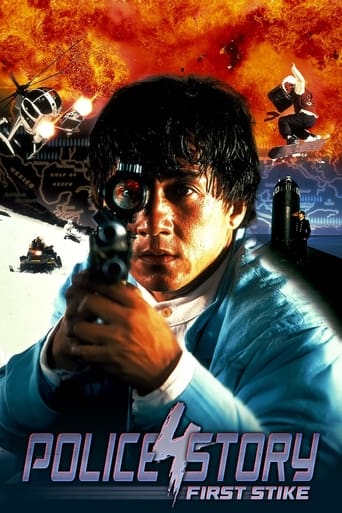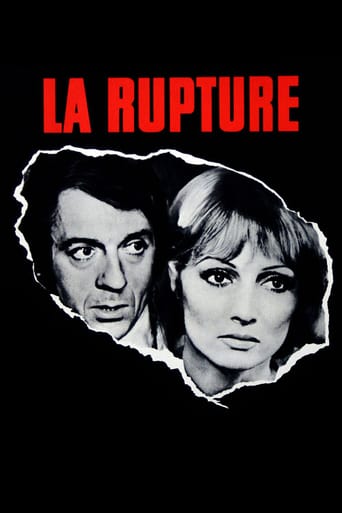
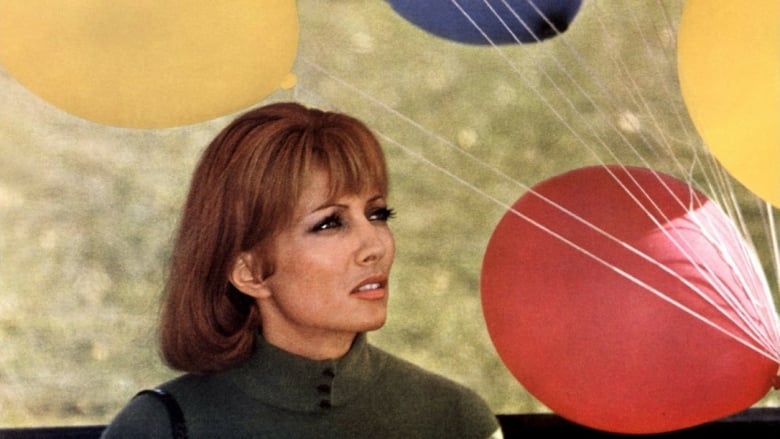
The Breach (1970)
An innocent woman falls prey to her abusive husband, his wealthy father and a shady family friend.
Watch Trailer
Cast


Similar titles
Reviews
LA RUPTURE is one of Claude Chabrol's most devastating critiques of the bourgeoisie and it's one of his finest films. It's about a working wife and mother fighting for custody of her small son after the boy's drug-addicted father has attacked them, only to find her husband's rich parents have hired a sleazy, corrupt investigator to destroy her reputation. The film isn't flawless; there are too many extraneous and eccentric characters but the main plot is beautifully handled, (it's based on a novel by Charlotte Armstrong), and Stephane Audran as the wife and Jean-Pierre Cassel as the investigator are both terrific. Of course, you may think Chabrol's decision to treat such a serious subject as domestic violence purely as a thriller a little tasteless but fundamentally this isn't really a film about domestic violence at all but an almost Dickensian study of evil; the bourgeoisie parents are distinctly rotten, the investigator even more so. If the film were more 'realistic' it might be unbearable; there's a scene of potential child sex abuse, and the child is mentally handicapped, that is almost too bizarre to be really disturbing and the film gets very bizarre towards the end. However, even with its convoluted plot it works superbly both as an outright thriller and as a scathing indictment of a highly amoral society.
By and large I can take or leave Chabrol but he has made a lot of films with Isabelle Huppert which is more or less how and why I began watching his stuff. Apparently he had a 'rich' period around 1970 give or take a year or so either way and this entry was right at the heart of it. If he has a schtick it is subjecting small-town/suburban France to a powerful microscope and this is no exception for we are offered a microcosm of a decadent French society as seen through Chabrol's jaded eyes complete with three symbolic witches a la Macbeth. In terms of plot a man, heavily under the influence of LSD attacks his wife and child. She sues for divorce. His wealthy father moves heaven and earth to gain custody of the child. Virtually everyone is dirty. Forget a happy ending. Stephane Audran is excellent. What can I tell you.
Of all the great films that Claude Chabrol made; The Breach is one of the most often praised, and that is not surprising at all as this film sees the great French director at the absolute top of his game and deserves every good word said about it! As ever with Chabrol, what we have here is a film that thrills on the surface but has much more going on beneath it. The characters are undoubtedly the most important thing about the film; and the director ensures that each one is brought to life effectively and believably, and this ensures that the film's many substantial points can come through. The film begins with a surreal sequence that could be something out of a zombie movie, as we see a dishevelled man emerge from the bathroom in just a robe and proceed to attack his wife Hélène. His attention soon moves on to the small boy and after putting the kid in hospital, the wife decides to file for a divorce. However, things are not so simple as her husband's father happens to be one of the richest and most powerful men in town, so he won't let Hélène take his grandson from him without a fight...and hires the immoral Paul Thomas to dig up some dirt on Hélène.The film doesn't contain a great deal of excitement in the common thriller sense, but Chabrol keeps his audience on the edge of their seats by way of the characters and the atmosphere. The film centres on a boarding house and the people that live there; and the interaction between them makes up the bulk of the film. The main theme on display is an attack against the rich; this comes through plainly and obviously through the character of Ludovic Régnier; a man who has enough money to always get what he wants and not care about who gets trampled in the process. The outlook of the film is very bleak all round and Chabrol seems keen to show the dark side of human nature as much as possible. The central plot line, which involves a man trying to prove that an upstanding woman is an unfit mother by any means necessary, is very bleak in the way it plays out. As ever with Chabrol, the acting is excellent and he has put together a great cast here that includes his then wife and frequent muse, the beautiful Stéphane Audran in the lead role and a support cast that features superb performances from the likes of Jean-Pierre Cassel and Michel Bouquet. The film has a very unique style that fluctuates throughout; as mentioned, the first five minutes or so almost seem like something out a zombie movie and then it moves into more familiar Chabrol territory before changing again for the climax as the director gives us a very strange and striking hallucination sequence. Overall, this is an excellent thriller that comes highly recommended and I may even rate it as Chabrol's best.
Though I've always found it difficult to stomach the parallels between Hitchcock and Chabrol (another user on this site highlighted the similarities Chabrol shares with Clouzot, a comparison that I concur with, Chabrol sharing Clouzot's moral ambiguity/overall weltschmerz), it would be foolhardy to deny the broad Hitchcockian flourishes here. Dipped and dredged in LSD, the hallucinatory sequences in here nod reverently to "Vertigo" and "Marnie". Yet, unlike some hitchcock staples (no gripes with Hitch here, he is after all my all time favorite director), there is nary a hint of escapism here. Instead, Chabrol plunges us head-first into the depths of modern complacency, a project that we are all complicit in.The story itself is another virulently acerbic "thriller of manners" for Chabrol, capturing with Flaubertian honesty the farce upon which class distinctions are built. Other than Clouzot, I've always felt that Chabrol's work comes closest to Bunuel's (no surprise that Cassel and Audran would also feature in Discreet Charm Of The Bourgeoisie)- he brings a blowtorch to insipid, self-satisfied, hypocritical civilization, and dares to gaze into the vacuous abyss beneath. Like Bunuel and Fassbinder, he does this with consummate style and infuses his films with cruelly ironic wit.Chabrol's films are always unnerving to watch because they come too close for comfort, and never allow us to be self-satisfied. He asks some terribly important questions: at what price are bourgeois myths of propriety, morality and civilization bought? In "The Unfaithful Wife", murder is necessary to sustain the idyll, while this movie offers a profound dissection of bourgeois identity- in order for bourgeois "decorousness" and privilege to survive, it must posit an Other, the sordid, vulgar, ill-educated boor, even if it doesn't exist. Throughout "La Rupture" the viewer witnesses the creation of these supposed "absolutes", the unfurling of the absurd narrative that legitimizes bourgeois entitlement- sully, tar and feather the peasant, the Other. Like homophobia, class prejudice is only an expression of the precariousness of identity, without an opposite to define oneself against, the suppositions invariably crumble.Chabrol is an acutely intelligent, courageous and singularly brilliant film maker. Don't miss this deconstructive masterpiece...as an examination of class, I think only "La Ceremonie" would surpass this one.ps i can't help but wonder if the eccentric, insular boarding-house here is an homage to balzac's maison vauqeur in his incomparable "Old Goriot"- both the altruistic doctor (Bianchot) and the moustachioed, absurdly eloquent tempter (Vautrin) are parodied/mirrored here


